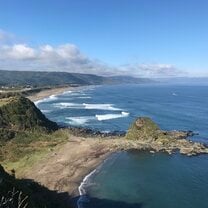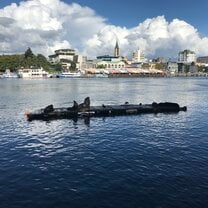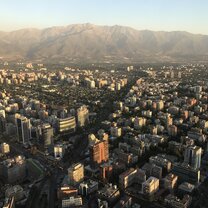Middlebury School in Chile
- Chile
- Santiago
- Valparaíso
- Viña del Mar
About Program
The Middlebury School in Chile offers cultural and linguistic immersion through a rigorous curriculum and adherence to the Middlebury Language Pledge. By pledging to speak only the target language while abroad, students will have the best chance of acquiring fluency and actively engaging in the local environment. Participants take their courses directly in a local university, and all students are encouraged to get involved in the community through internships or interactions within the clubs and activities available.
Study alongside Chilean students at a host university in Concepción, Santiago, Temuco, Valdivia, Valparaíso, or Vina del Mar in a wide range of academic disciplines. The School in Chile also offers several distinct tracks of study: Food Studies in Santiago or Valdivia, Human Rights and Memory in Santiago, Applied Studies in Health in Viña del Mar, or Sustainability and Society in Valdivia or Temuco.
Video and Photos
Program Highlights
- All course work is conducted entirely in Spanish
- Students adhere to the Middlebury College Language Pledge
- Direct enrollment in local universities alongside Chilean students
- Courses in most liberal arts disciplines
- Housing with Chilean families


















